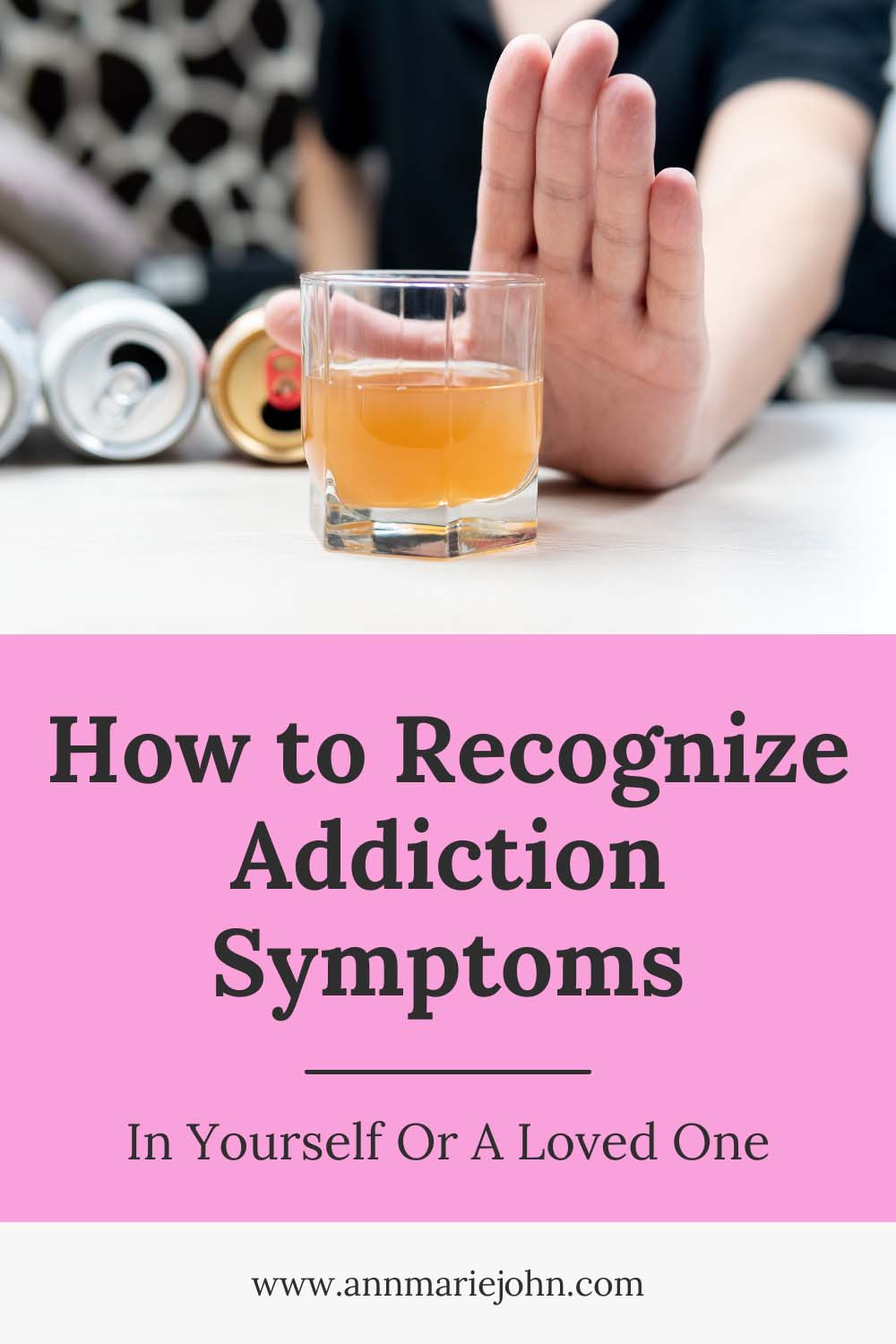Knowing the signs of addiction can help us address issues quickly. Learn how to spot and manage addiction symptoms before it’s too late.

Addiction is an incredibly complex problem that can be difficult to recognize and understand. Noticing the signs of addiction in yourself or your loved one can be overwhelming and even scary, but it’s a vital step in finding treatment options that work.
In this blog post, we’ll discuss how to identify the most common signs of addiction, what red flags you should look out for, and how to access professional help. By learning more about recognizing these symptoms early on, you can take the right steps toward recovery with confidence.

Noticing changes in behavior
As we navigate through life, we encounter various challenges and circumstances that can impact our behavior. It’s quite normal to have occasional changes in our actions or habits, but when someone consistently displays behaviors such as avoiding social situations, lying about their activities, or taking risks with their safety, it’s important to take note and investigate further.
These changes may be indicative of deeper underlying issues such as mental health struggles or substance abuse. Noticing these changes and having an open and honest conversation with the individual could be crucial in getting them the help and support they need. So next time you notice someone acting out of character, take a moment to reach out and lend an empathetic ear. It could make all the difference.
Paying attention to any changes in mood, such as increased irritability or depression
Paying attention to our emotional well-being is crucial to maintaining a healthy mindset. It’s important to be aware of any changes in our mood, such as increased irritability or depression. Taking note of these changes can help us identify and address underlying issues before they escalate. Ignoring our emotions can lead to increased stress and difficulty in coping with daily life. It’s essential to take the time to check in with ourselves regularly and seek support if necessary. Let’s strive to be more mindful of our emotions and take the necessary steps to put a stop to addiction.
Observing changes in sleeping habits like insomnia or oversleeping
Changes in sleeping habits can be alarming. Insomnia can leave you feeling like a zombie while oversleeping can leave you feeling groggy and unfocused. It’s important to pay attention to these changes and identify the root cause. It could be due to struggling with addiction. Make sure to address it promptly and take the steps necessary to get back on track with your life.
Being aware of increased anxiety or feelings of restless agitation
It’s natural to experience moments of anxiety or restless agitation from time to time, especially when struggling with addiction. However, it’s important to be aware of any lasting feelings of these emotions, as they can have a significant impact on our well-being. Recognizing the signs of increased anxiety or restlessness can help us take proactive steps to manage them, whether it’s through relaxation techniques, talking to a friend, or professional support. Remember, it’s okay to not feel okay all the time, but taking care of our addiction is a crucial part of reclaiming your life. Let’s prioritize our well-being and take positive steps toward a happier, healthier future.
Looking for solutions
When it comes to rehabilitation, we often focus on punishing or isolating those who have been involved in negative behavior. But what if instead, we focused on finding solutions? By providing rehabilitation programs that target the root causes of these behaviors, we can create a safer, healthier society for all. Rather than simply locking people up and throwing away the key, we can help them turn their lives around and become productive members of society.
However, treatment is not always in everyone’s budget. If you live in Australia, you can transfer from Perth to Bali for rehabilitation, if you’re looking for a more affordable option. Whether it’s addiction treatment, counseling, or job training, there are many ways we can work to rehabilitate those who have made mistakes. It’s time to shift our focus from punishment to solution-seeking and work towards a brighter, more positive future.
In conclusion
It is paramount to recognize the warning signs of addiction in loved ones. It is important to remember that noticing increasing avoidance of social activities is a key indicator of potential addiction issues. Other clues may include changes in mood, sleeping patterns, and a rise in anxiety levels. Additionally, it is vital to look into rehabilitation and other methods as solutions for those struggling with addiction.
It is also very important to disclose any worries with close family members and seek out any necessary help as soon as possible. Together, we can talk openly about addiction and its effects on ourselves and our families. With enough dedication and hard work, individuals affected by addiction have the potential for an improved quality of life that allows them to fulfill their goals and dreams.
